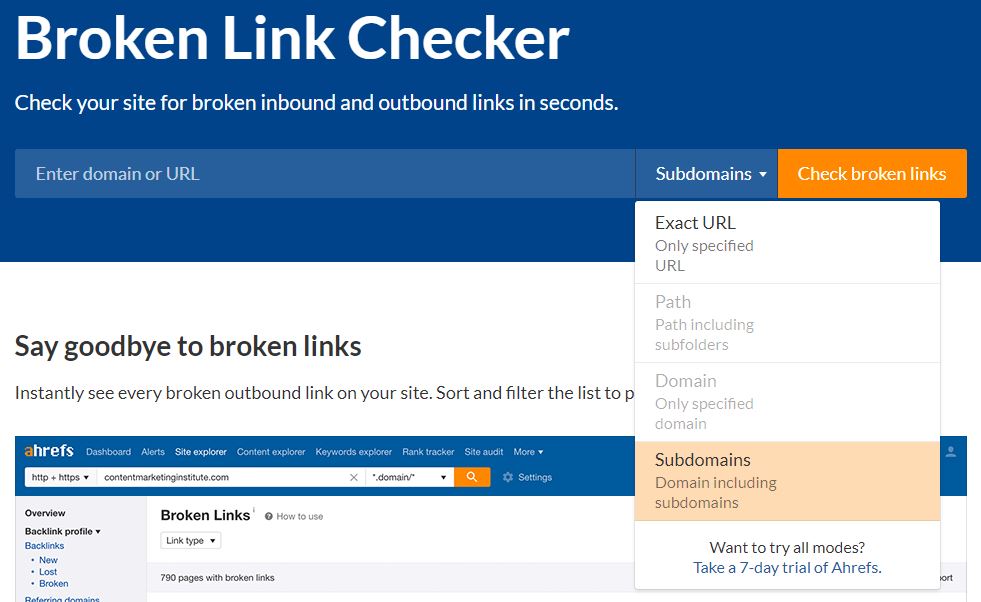
Most likely, they already know what they want to buy. The searcher is looking to make a purchase. They may also be unsure of the exact URL. It’s probably just quicker and easier for them to Google it than to type the entire URL into the address bar. The searcher is looking for a specific website. Or something that requires a longer and more in-depth answer like “how does the blockchain work?” However, not all informational searches are formulated as questions. This might be an answer to a simple question like “who is the president of the United States?”. Here are the four primary ‘types’ of search intent: Informational Relevance is the foundation of SEO success. It’s information blog posts comparison charts etc. Google knows what users want to see when they search for this query, and it isn’t that. So if you’re trying to rank for “best credit card,” don’t try to shoehorn your landing page into the SERPs. First and foremost, that means creating content that aligns with search intent. If you want to rank in Google in 2021, you need to be the most relevant result for the query. Google also states its mission is to “Organize the world’s information and make it universally accessible and useful.” So yeah, that’s a bit of a giveaway.īut we’re SEOs. Almost nobody uses it, which means less revenue from ads. You only have to look at Bing to understand what happens when a search engine’s results are low-quality and irrelevant.

How do we know? For starters, the success of Google as a business relies on them successfully doing this. Google’s aim is to provide users with the most relevant result for their query. That last one was a little harder, right? We’ll come back to that later.


 0 kommentar(er)
0 kommentar(er)
